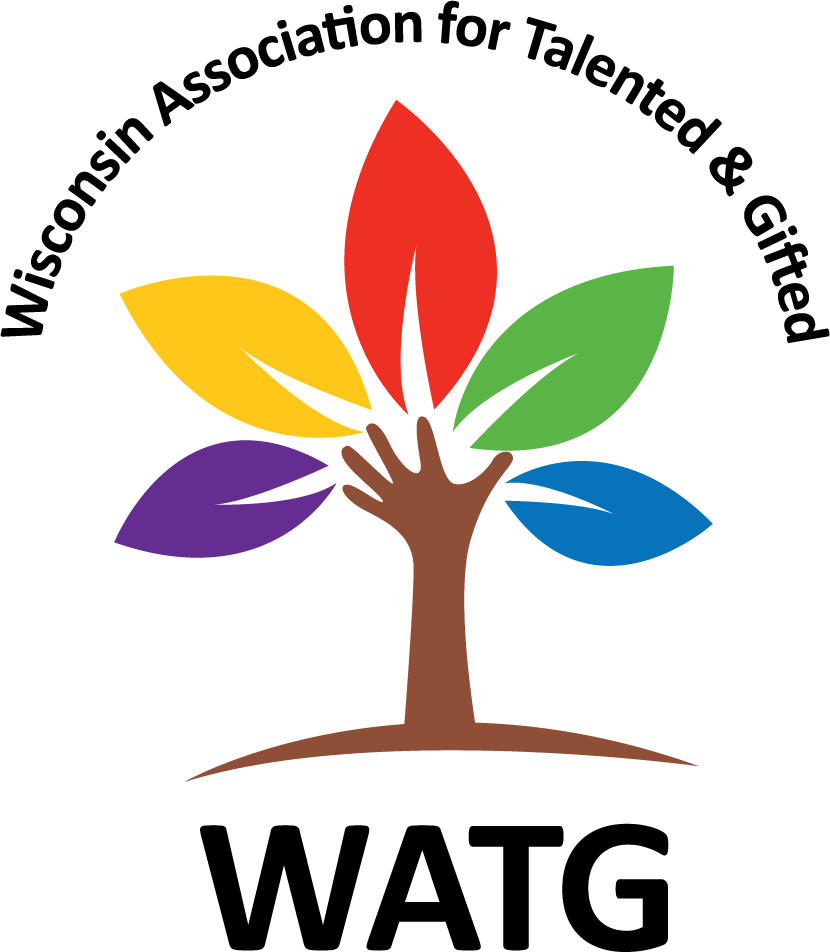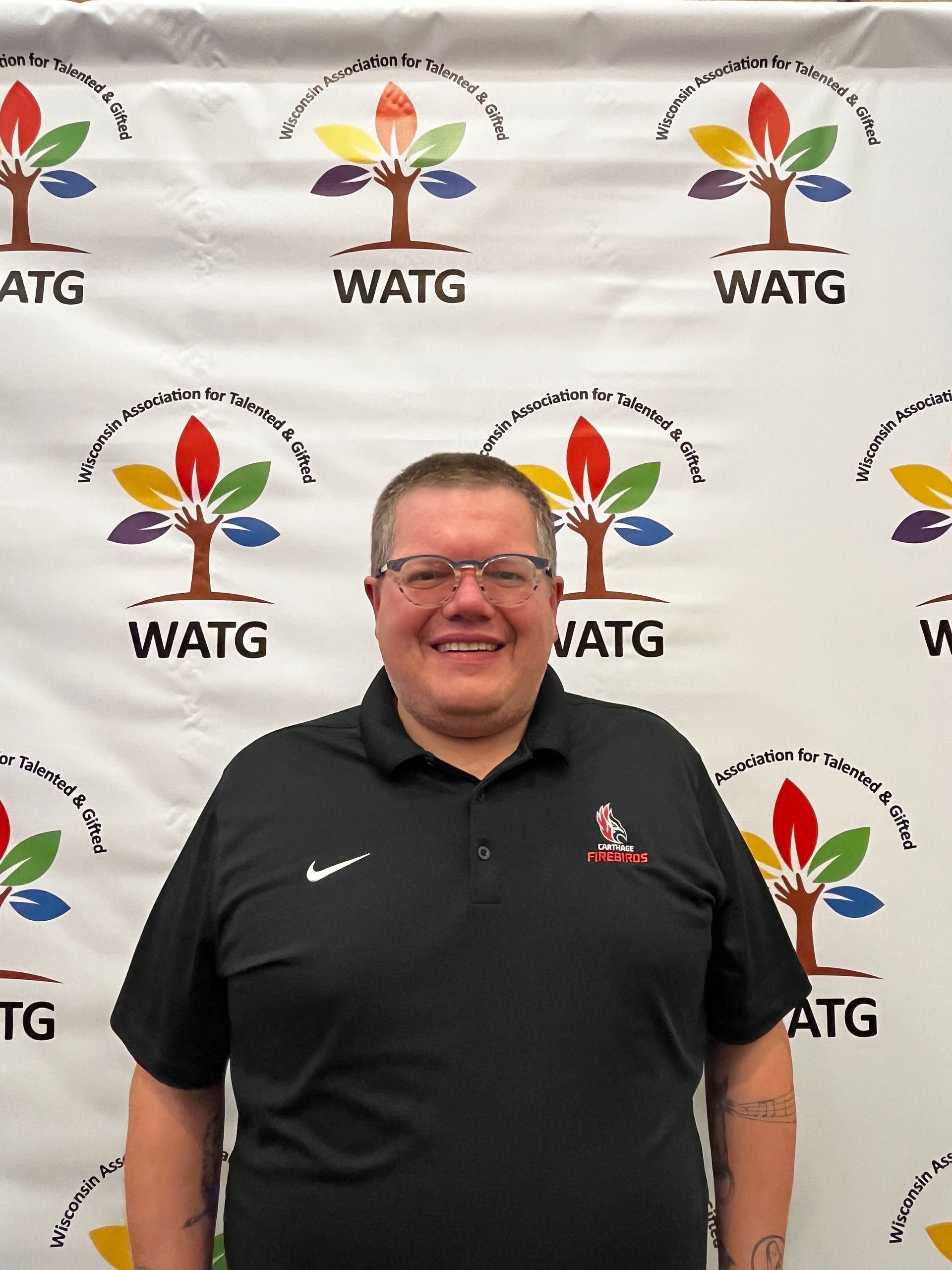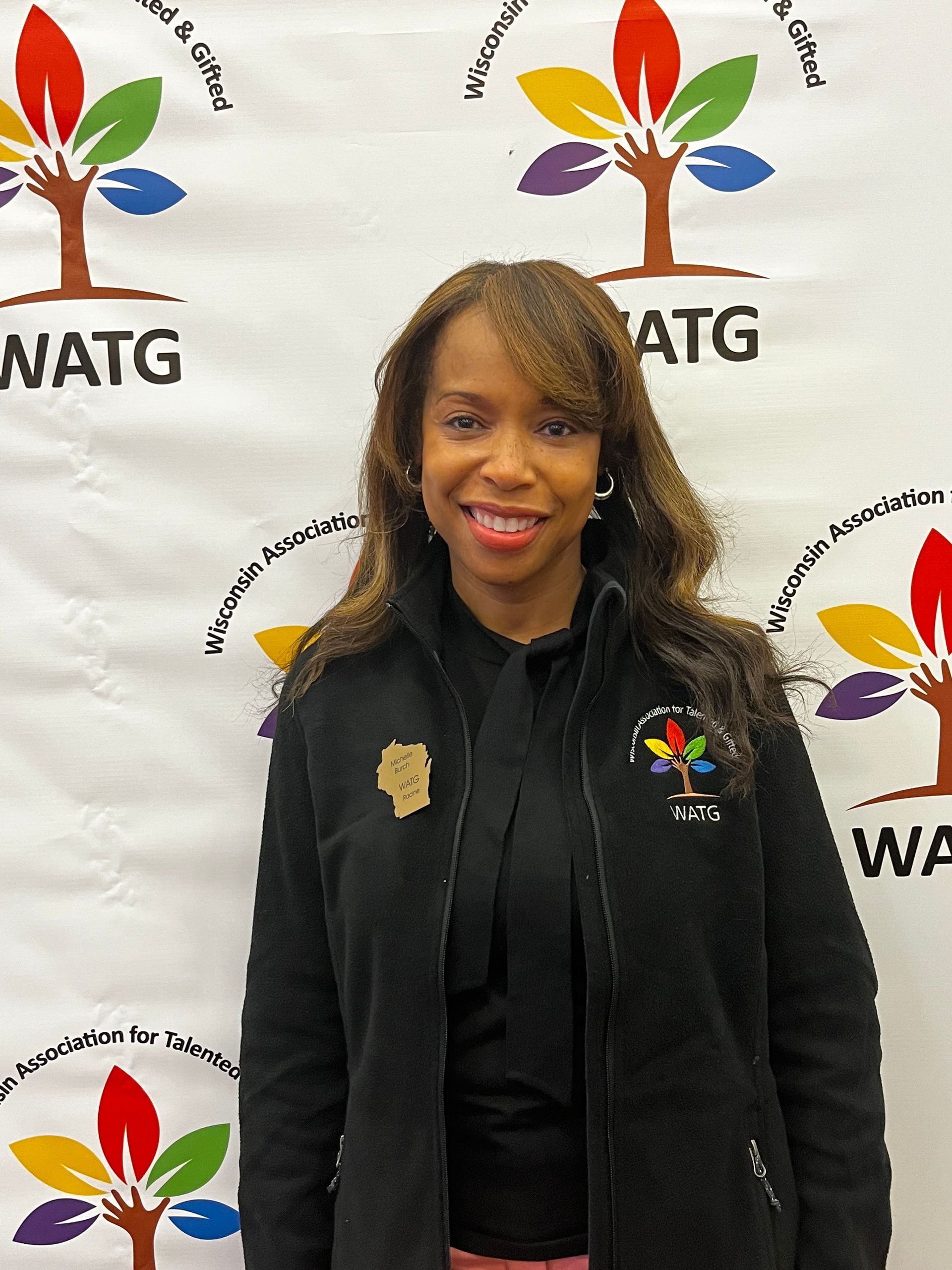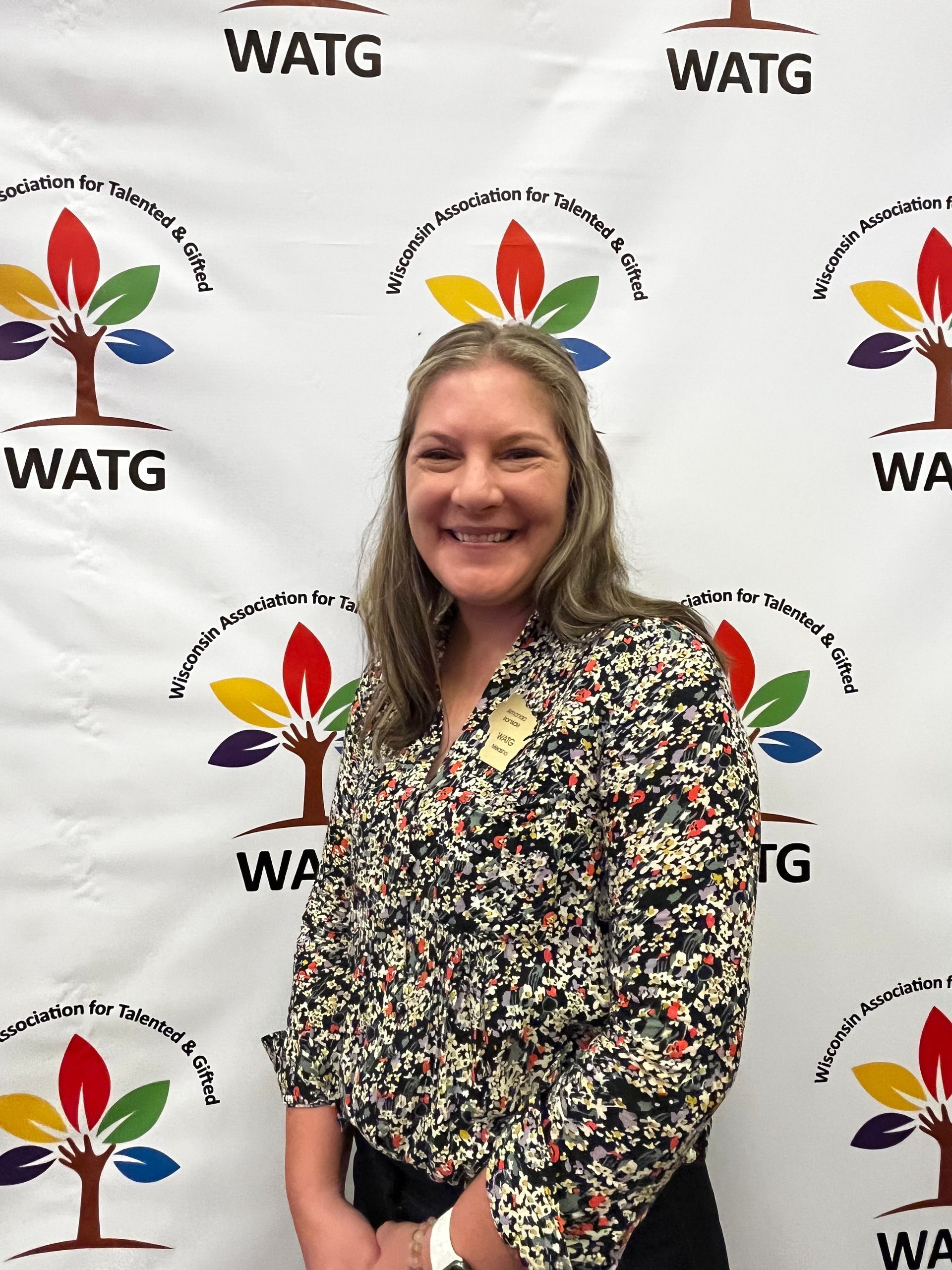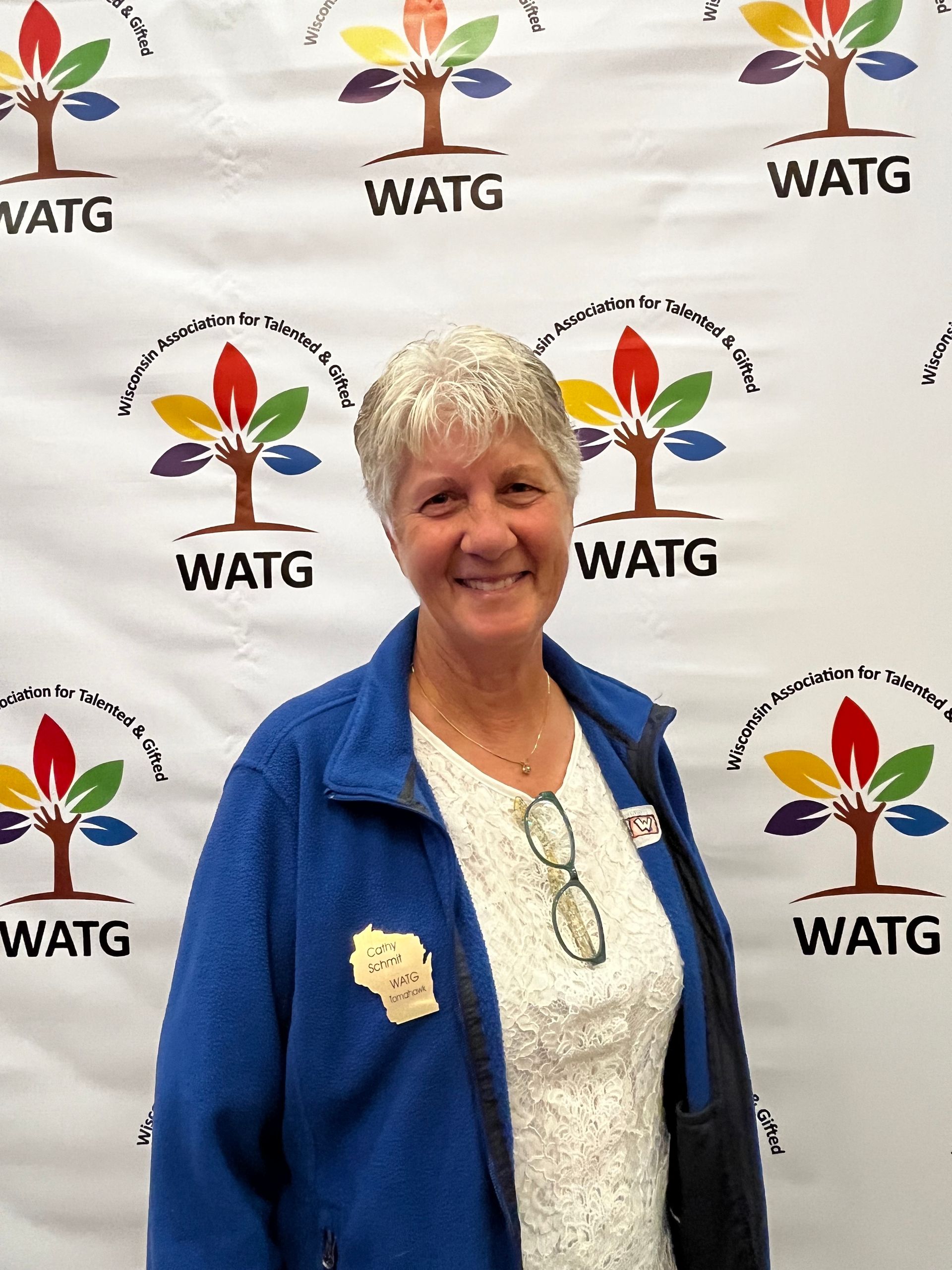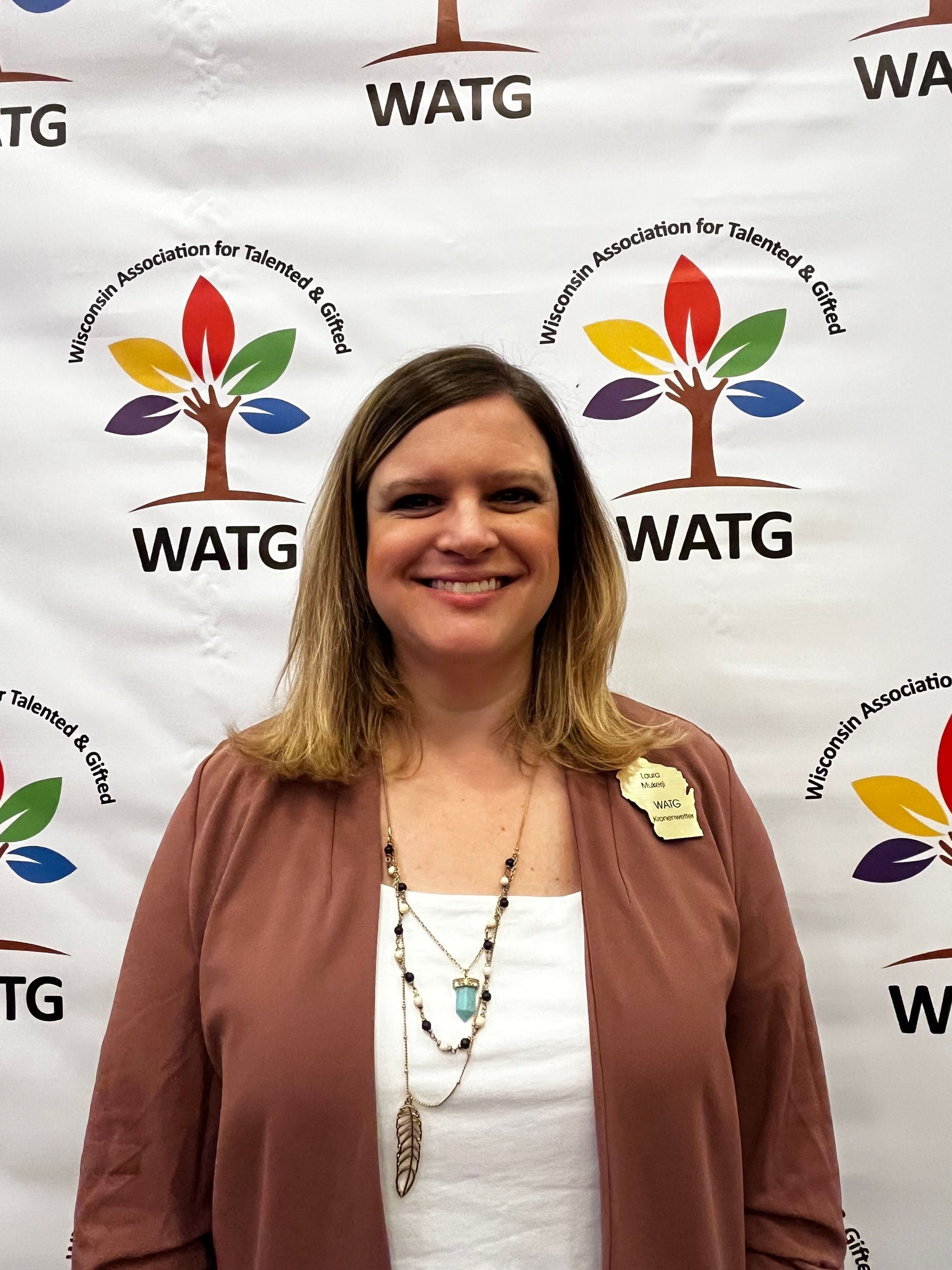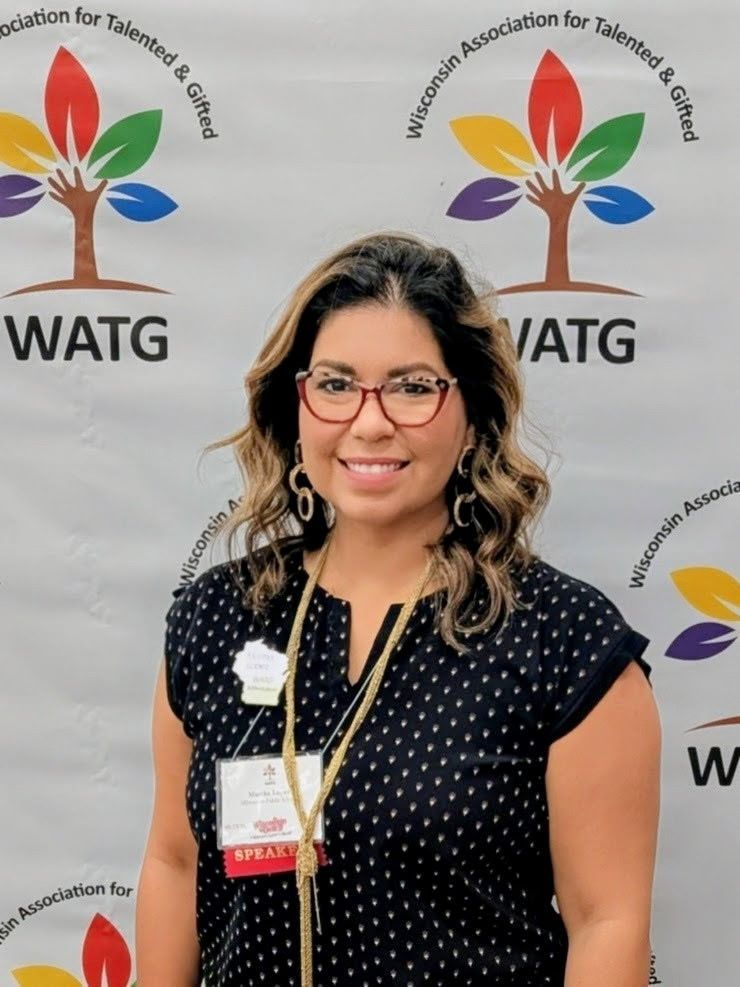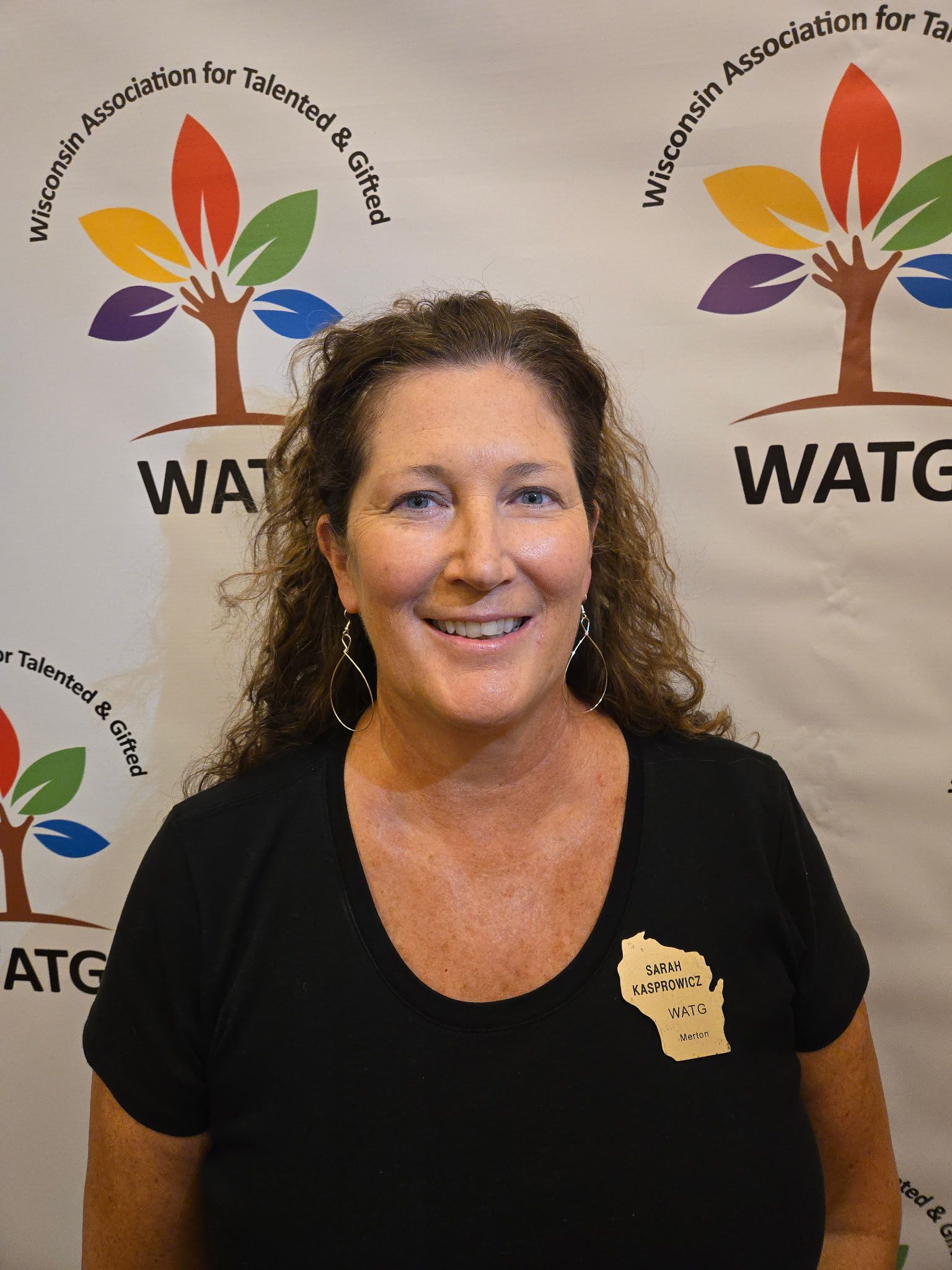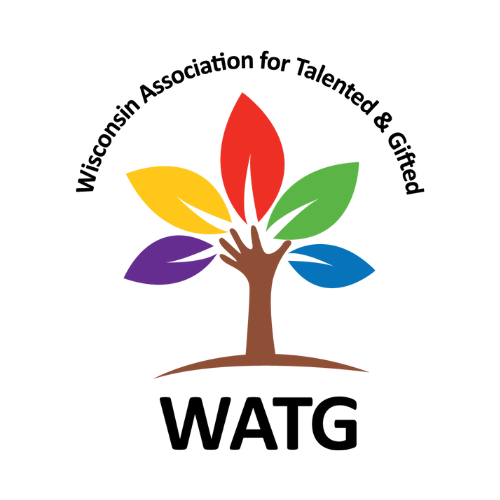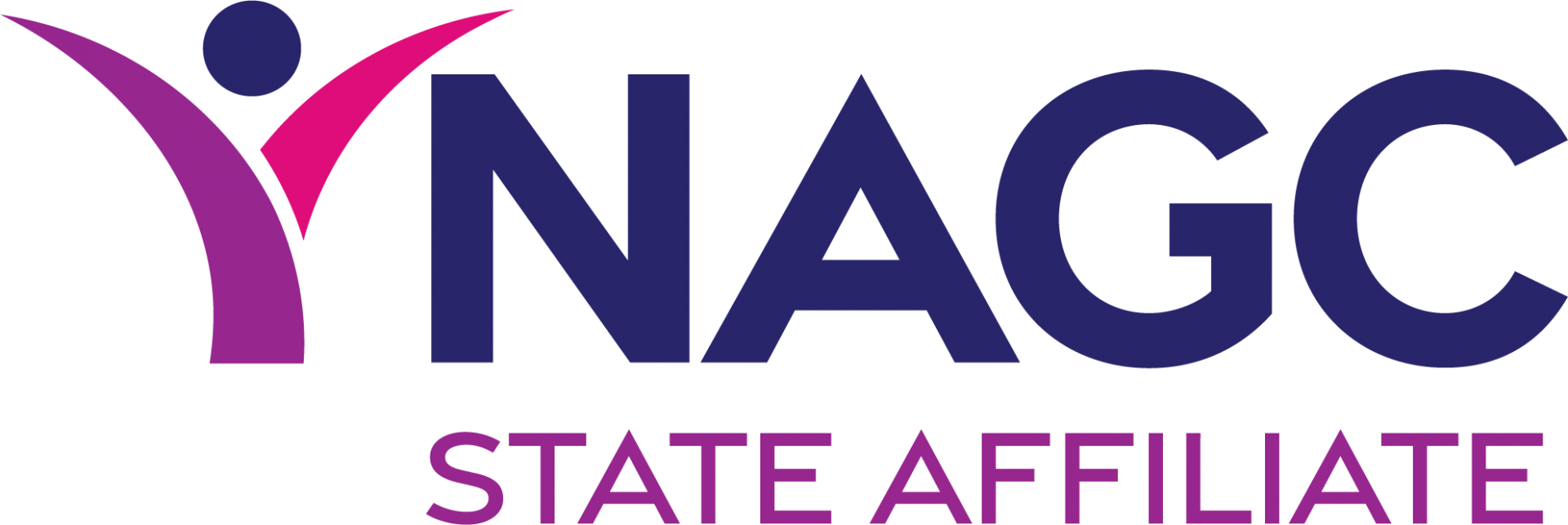Navigating Changing Times
The Wisconsin Association for Talented and Gifted (WATG) continues with its commitment to provide first class opportunities for parents and caregivers, educators, and advocates to learn about the unique needs of all students, including those with gifts and talents. The theme for this year’s conference is Take A Chance on Gifted Education; it serves as a rallying point for this mind shift. Gifted education ensures that all students receive the access points needed to thrive in an ever changing world.
As pointed out by the Fordham Institute in this article,
The case for gifted education),
“We have ample evidence that a number of education programs targeted at advanced students significantly improve their learning outcomes. Because of that, high-quality gifted education – or what would be better labeled ‘advanced education’ – has two primary benefits. One, it helps maximize the potential of participating students, which is something every child deserves. And two, in better developing the talent of these advanced students, it supports America’s economic, scientific, and technological prowess in an increasingly competitive global market. It’s therefore important that more school leaders adopt these policies and implement them well.”
Like all education, gifted education requires well educated and dedicated teachers. According to this article,
The Importance of Teachers – National Association for Gifted Children, from the National Association for Gifted Children,
“Because gifted and talented students often end up in the regular classroom – or depend on regular classroom teachers for referrals for gifted education programs and services – it is crucial that all teachers have a basic understanding of how to identify and work with gifted students. Unfortunately, most teachers do not receive any training in the needs of high-ability students or gifted education practices.
In schools with large minority and/or low-income populations, classroom teachers trained to recognize and respond to high-ability students are especially important. Regular classroom teachers are the school's first line in the identification process for these high-potential, but not yet, high-achieving students.”
School leaders play a critical role in setting the tone and often the trajectory for the culture of their institutions. When school leaders promote educational opportunities for all students, differentiation becomes the norm.
WATG’s (2025 Annual Conference), allows educational leaders to share their expertise on classroom strategies, human development, and talent identification. The resources, strategies, and pedagogical theories presented allow educators, administrators, parents/caregivers, and advocates to gain practical skills benefiting all students. Ultimately, gifted educational practices, such as differentiation and curriculum compacting, offer school districts an opportunity to be beacons of hope and growth. Gifted education is a chance worth taking!
By Dr. Maria Katsaros-Molzahn, Ed.D, WATG Board Secretary
